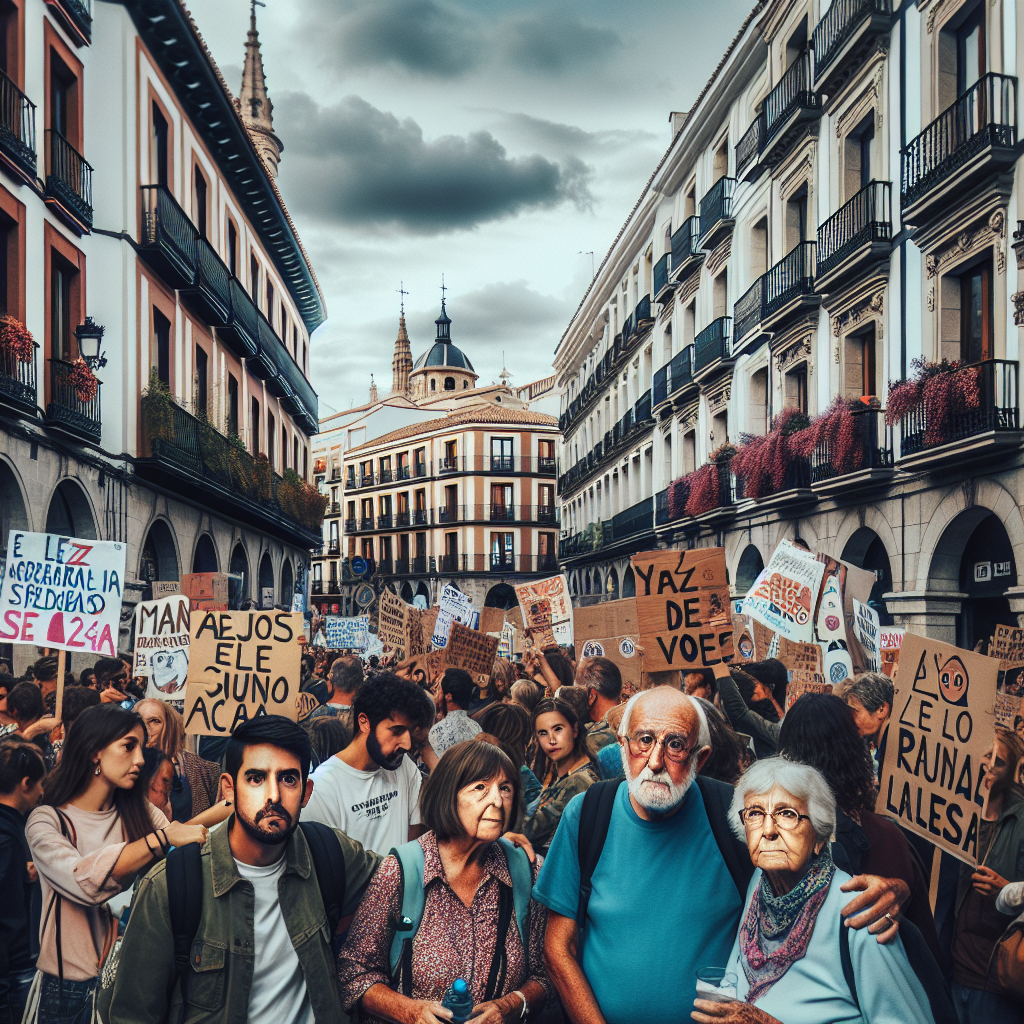Spain Prepares for Weekend Protests Against Overtourism
-
Table of Contents
Spain Prepares for Weekend Protests Against Overtourism

Background
Spain, a top global tourist destination, is facing increasing discontent from locals over the impacts of overtourism. As visitor numbers continue to rise, residents are voicing concerns about the strain on infrastructure, rising living costs, and the erosion of local culture.
Key Issues Driving the Protests
- Infrastructure Strain: Overcrowding in popular cities like Barcelona and Madrid is leading to congestion and overuse of public services.
- Rising Costs: The influx of tourists is driving up property prices and living expenses, making it difficult for locals to afford housing.
- Cultural Erosion: The commercialization of local traditions and spaces is causing a loss of cultural identity and authenticity.
Organizers and Participants
The protests are being organized by local advocacy groups and community organizations. Participants include residents, local business owners, and environmental activists who are united in their call for sustainable tourism practices.
Demands and Proposed Solutions
- Regulation of Tourist Numbers: Implementing caps on the number of visitors to popular sites.
- Investment in Infrastructure: Enhancing public services to better accommodate both residents and tourists.
- Promotion of Off-Peak Tourism: Encouraging travel during less busy times to distribute visitor numbers more evenly throughout the year.
Government Response
The Spanish government acknowledges the challenges posed by overtourism and is exploring measures to balance economic benefits with the well-being of local communities. However, concrete actions and timelines remain unclear, prompting continued public pressure.
Conclusion
As Spain braces for weekend protests, the issue of overtourism highlights the need for sustainable tourism strategies that protect local communities while preserving the country’s appeal as a travel destination. The outcome of these protests could influence future tourism policies and set a precedent for other popular tourist destinations facing similar challenges.

















